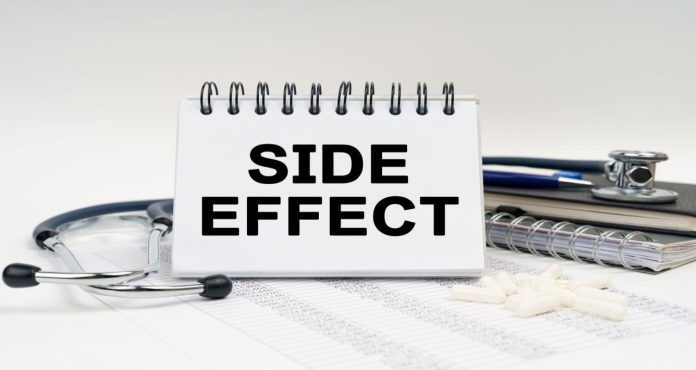Trulicity, a popular medication used for managing type 2 diabetes, has been in the spotlight recently due to various legal actions and claims of serious side effects. This article delves into the concerns surrounding Trulicity, the nature of the lawsuits filed, and the implications for patients and manufacturers alike.
Understanding Trulicity
Trulicity (dulaglutide) is a prescription medication manufactured by Eli Lilly and Company. It is part of a class of drugs known as GLP-1 receptor agonists, which help to lower blood sugar levels by mimicking the effects of the natural hormone GLP-1. The medication is typically prescribed to patients who have not achieved adequate blood sugar control through diet and exercise alone.
Claims of Serious Side Effects
While Trulicity has been effective for many patients in managing their blood sugar levels, there have been reports of serious side effects. Some of the most concerning adverse effects reported include:
- Pancreatitis: Inflammation of the pancreas, which can cause severe abdominal pain, nausea, and vomiting.
- Thyroid Tumors: There have been claims that Trulicity may increase the risk of thyroid cancer, particularly medullary thyroid carcinoma (MTC).
- Kidney Issues: Some patients have reported kidney problems, which may be exacerbated by the medication.
- Gastrointestinal Problems: Issues such as persistent nausea, vomiting, and diarrhea have also been reported.
These side effects have led to increased scrutiny and legal action against the manufacturer.
The Trulicity Lawsuit: An Overview
The Trulicity lawsuit refers to legal actions taken by patients who allege that the medication has caused severe health problems. These lawsuits typically claim that Eli Lilly failed to adequately warn patients and healthcare providers about the potential risks associated with the drug.
Key Allegations in Trulicity Lawsuits
- Failure to Warn: Plaintiffs argue that the manufacturer did not provide sufficient warnings about the risks of pancreatitis, thyroid cancer, and other serious side effects.
- Negligence: Some lawsuits allege that Eli Lilly was negligent in the testing and approval process of Trulicity, failing to identify or properly address the risks.
- Misrepresentation: There are claims that the marketing of Trulicity was misleading, downplaying potential risks and overstating the benefits.
Legal Proceedings and Outcomes
The outcomes of Trulicity lawsuits vary depending on the specifics of each case. In some instances, settlements may be reached, where Eli Lilly agrees to compensate affected patients without admitting liability. In other cases, the legal battles may continue, with courts determining whether the manufacturer is liable for the alleged harm caused by the medication.
Implications for Patients and Manufacturers
The legal actions against Trulicity have significant implications for both patients and the manufacturer.
For Patients
Patients considering Trulicity or those currently using the medication should be aware of the potential risks and consult with their healthcare providers about any concerns. It is essential to weigh the benefits of blood sugar control against the possible side effects and explore alternative treatment options if necessary.
For Manufacturers
For Eli Lilly, the lawsuits highlight the need for rigorous testing and transparent communication about potential risks. The company may face increased regulatory scrutiny and pressure to improve its labeling and risk management practices.
Conclusion
The Trulicity lawsuit represents a critical juncture in the ongoing debate about drug safety and manufacturer responsibility. As legal proceedings continue, it is crucial for both patients and healthcare providers to stay informed about the potential risks and benefits of Trulicity. For those affected by serious side effects, seeking legal counsel and exploring available options may provide avenues for redress and compensation.




